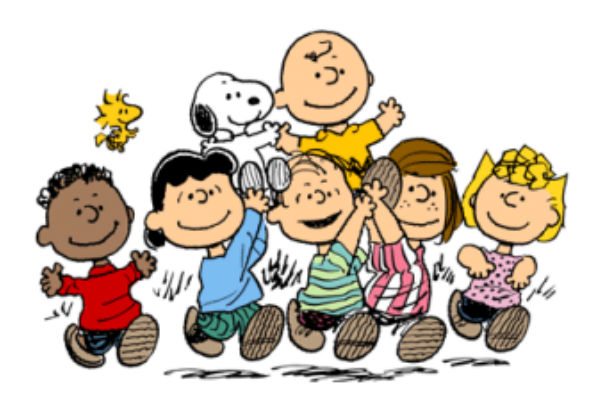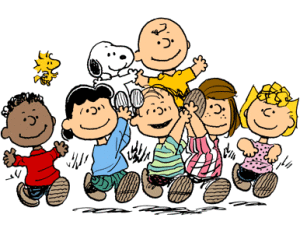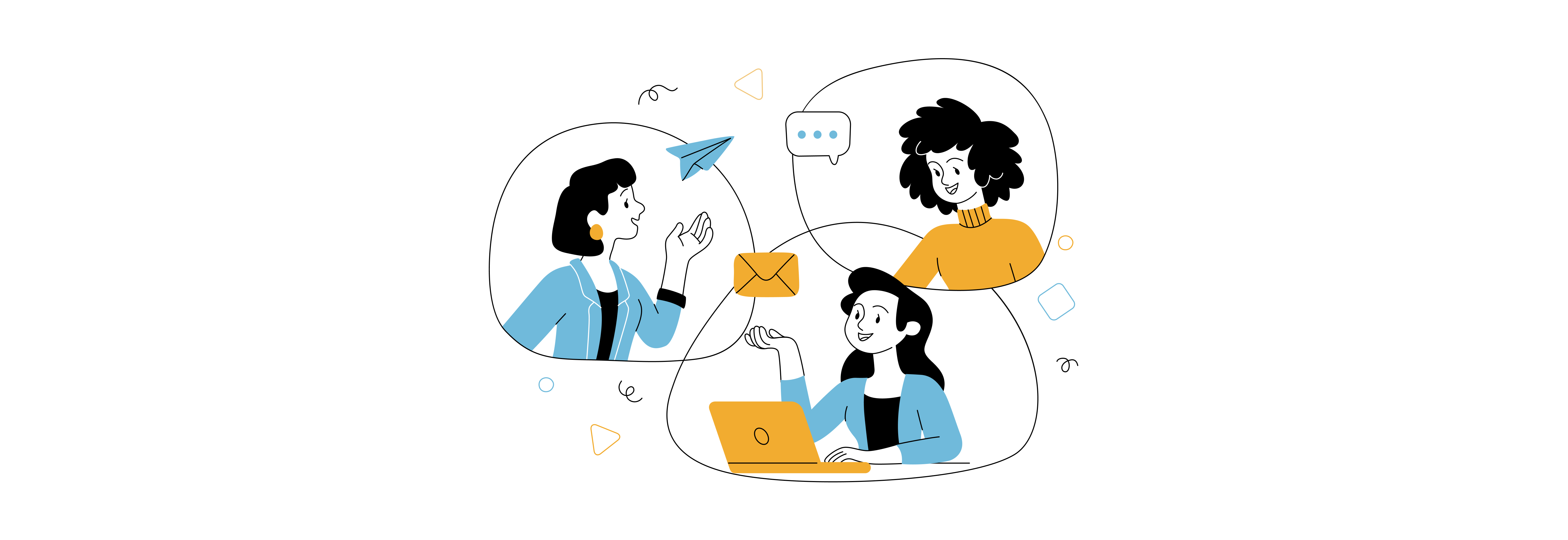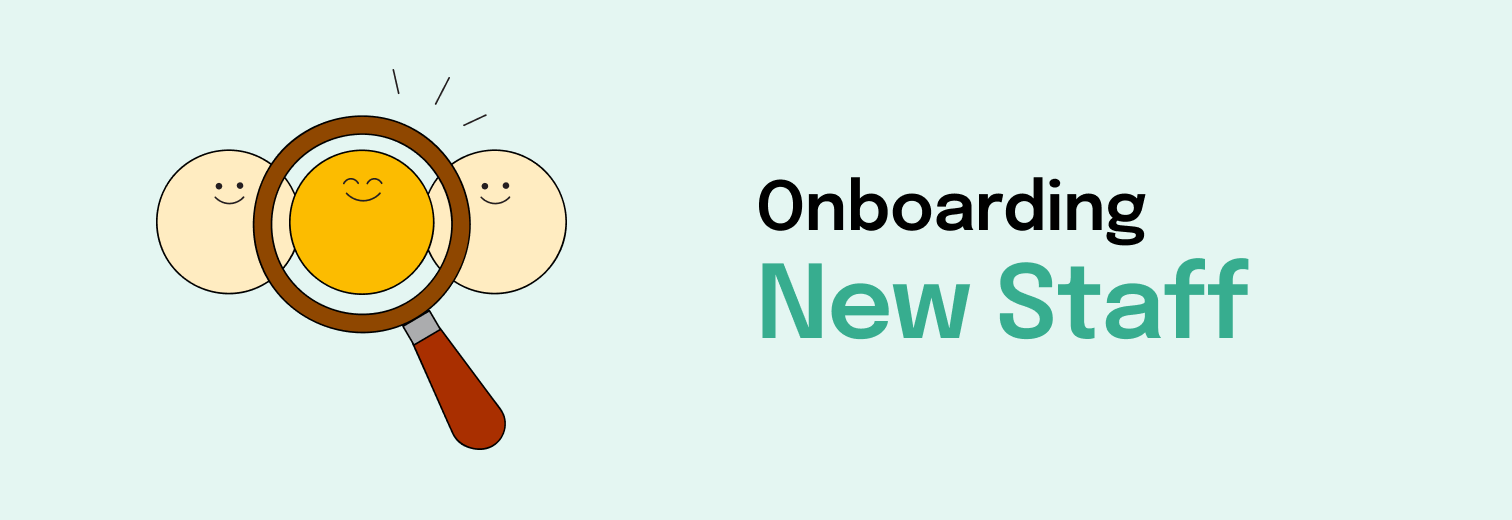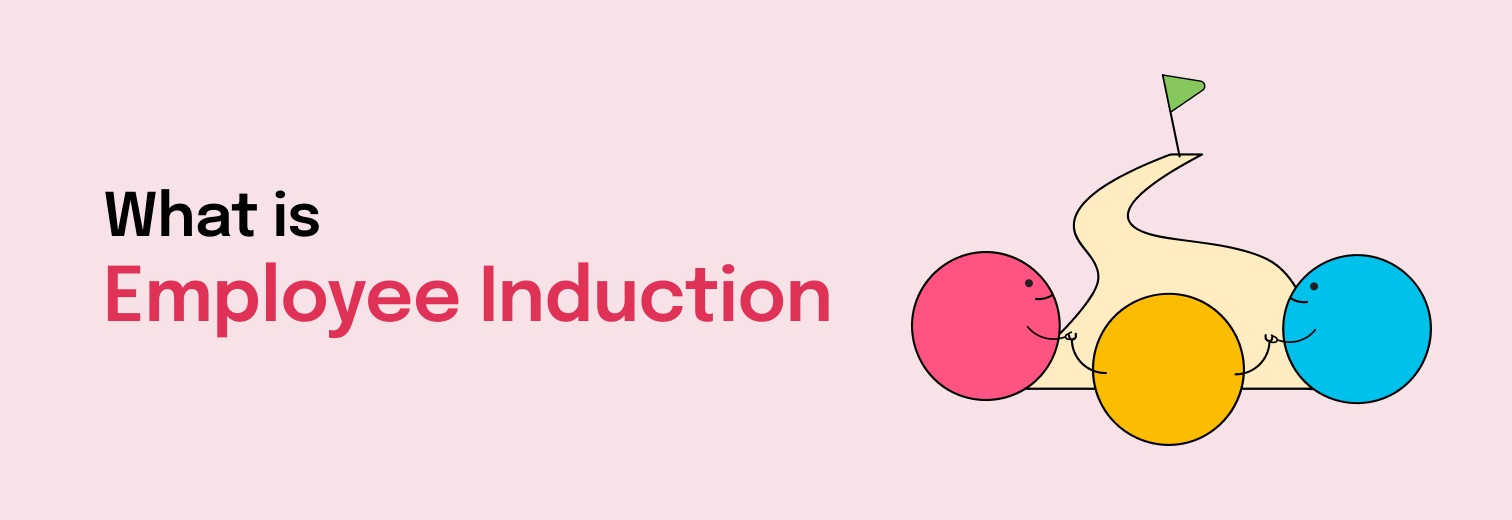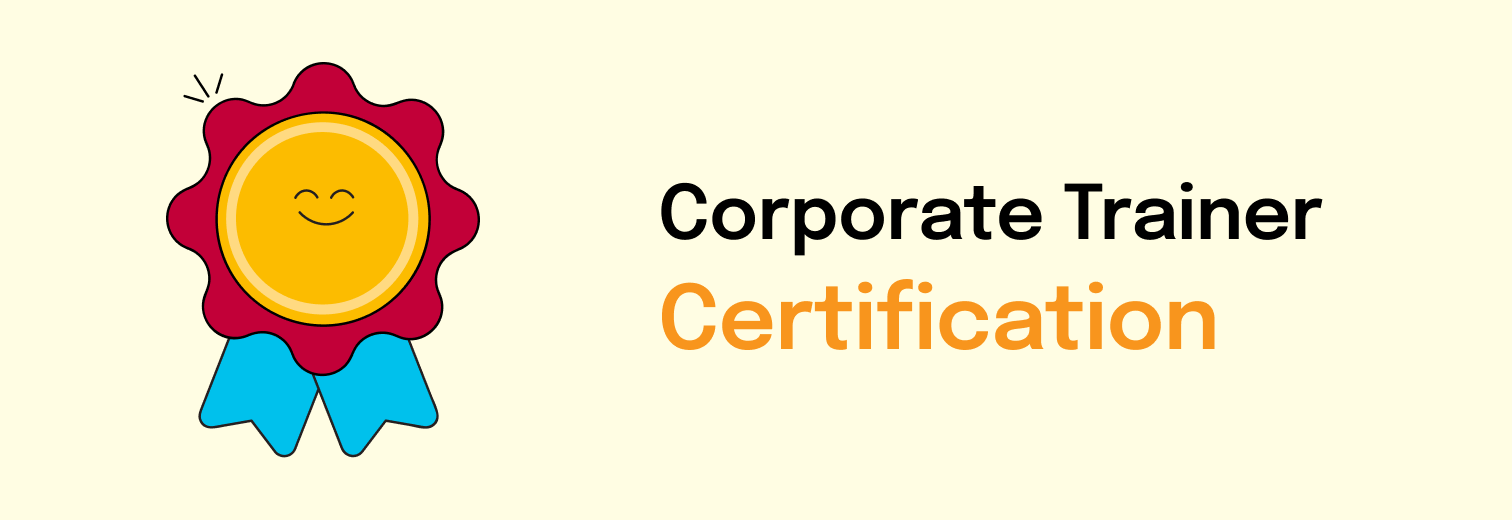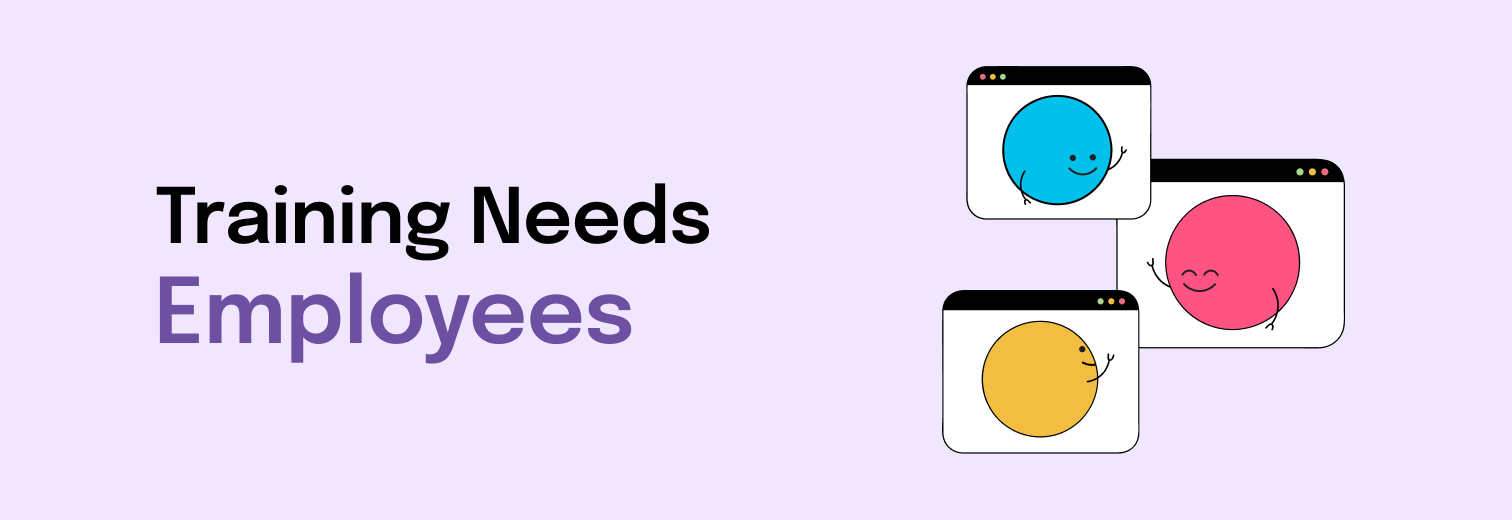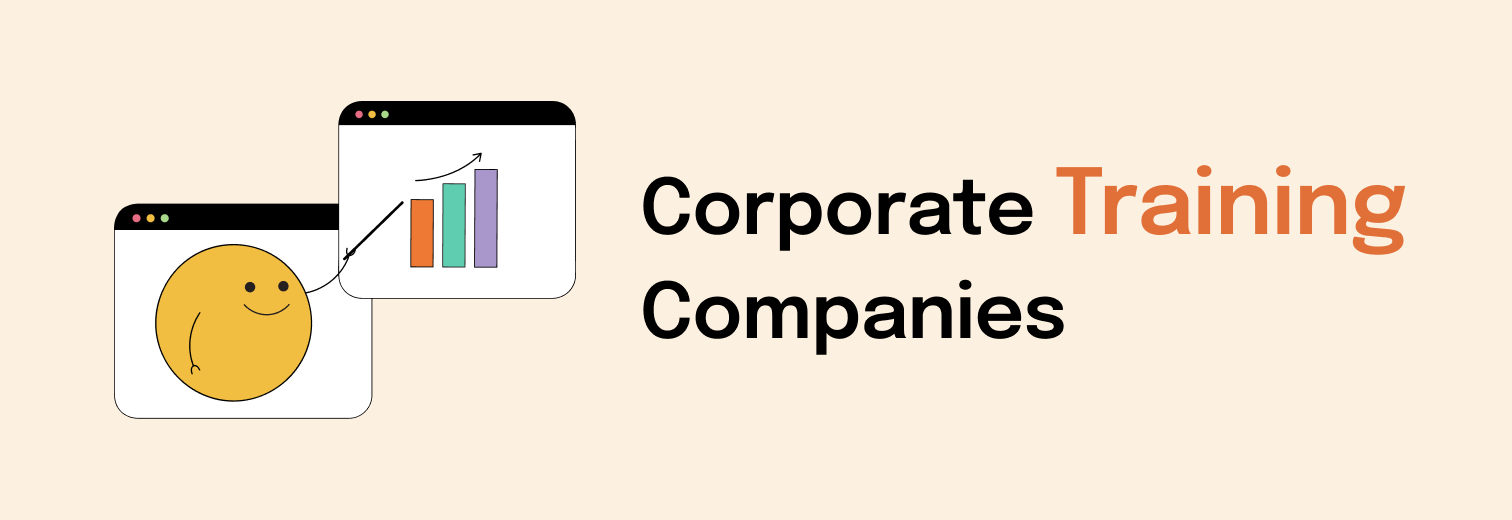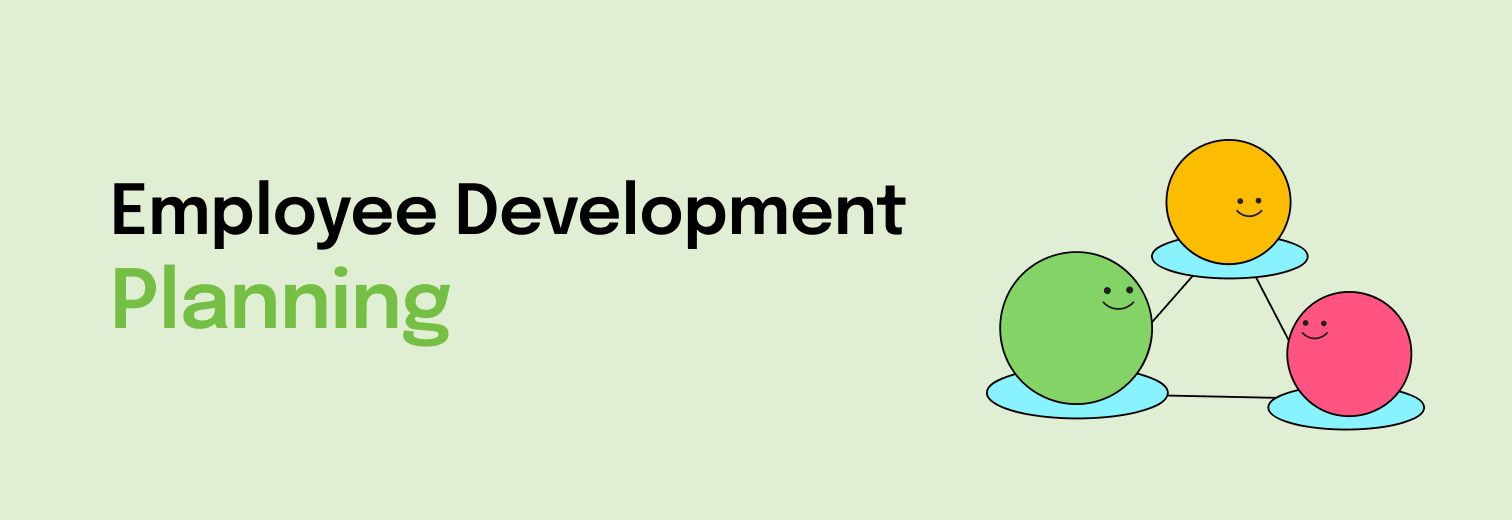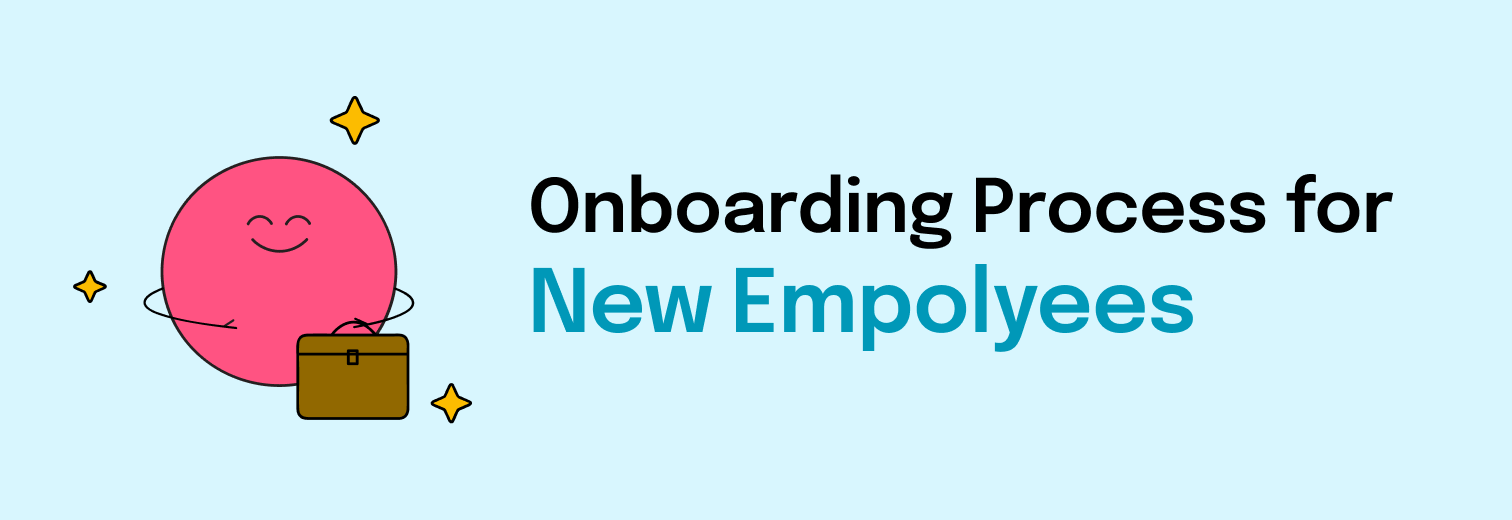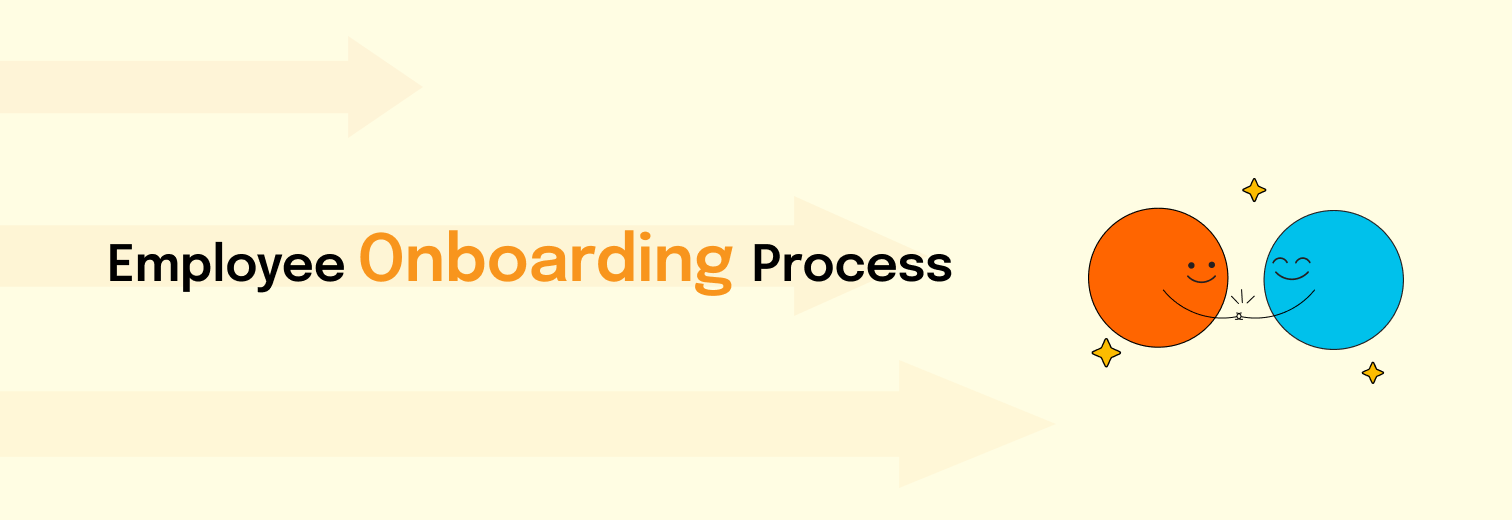A close friend called me up after reading my post on “The Power of Play”. He had a valid question: “Great article on PLAY” he said. “It does give a different perspective”. “However, what it does not tell me – as a hard nosed corporate executive is – Why does PLAY work ?”
There is a very endearing line from one of my favourite cartoon characters, Charlie Brown. It goes: “Sometimes I lie awake at night, and ask, ‘Where have I gone wrong?’ Then a voice says to me, ‘This is going to take more than one night.’”
But lets try and understand what exactly happens when we PLAY.
PLAY HELPS US BREAKTHROUGH OUR OLD BAGGAGE
We often like to start our workshops with some playful activities – where the sole purpose is to generate laughter. What happens is interesting – regardless of what task we as people are told to do, we always get in our mental baggage into the mix. If it is an office meeting – we get in our past experiences of what office meetings tend to be like. Similarly, if it is a training workshop, we get our mental images and impressions of all our previous experiences too. If these baggage happen to be negative, the same negativity tends to color our attitudes to the current experience too. Now, suddenly – when we ask people to PLAY in a certain non-threatening, non-intrusive way – it cuts through the clutter of past experiences. The baggage of the past is left behind – and replaced by a sense of eager anticipation for what is to come next. In that sense PLAY promotes a sense of KEENNESS and OPENNESS.
PLAY HELPS CREATE AN ENVIRONMENT OF TRUST
Another deep rooted issue that most of us at corporates grapple with is – the fear of judgment from our peers. Over years we have carefully cultivated personas – so much so that they become invisible protective layers around us. Because we have serious sounding titles, we somehow get conditioned to become more “serious people”. PLAY to us then becomes the opposite of serious. “Don’t play around” we have been told. PLAY to us then becomes something we go back home and do with friends and family. Not surprising because friendship is often a shortcut to PLAY. We are most playful with people we are most comfortable with. The little known truth though is that – the vice versa also holds true. When you start PLAYING, you slowly but surely start developing a sense of comfort and trust with the people you play with. A few enlightened companies that have already latched on to this truth, like Google or Pixair – reflect this in the playful work environments they have created.
PLAY IS THE FASTEST WAY TO CHANGE MIND STATES
We have a very interesting activity called “Pirates Walk The Plank”. The activity essentially encourages each and every member in a team to do a “silly-walk”. The only rule being – nobody can repeat something that’s already been done. It is as hilarious as it is powerful as an activity. We have often wondered why this works every single time. The reason we have learnt is rooted in PLAY. When teams see each of their members do a different silly-walk, in one stroke it gets everyone down to the same level. The serious-looking and serious-sounding Director or Chairman – suddenly becomes a “human being” to whom everyone can relate. The laughter the activity generates, creates an atmosphere of collegial bonhomie.
Zen Buddhism has long talked about the body and mind not being separate. In recent years, doctors in the west have found the same connection which they have termed as “psycho-somatic”. There is a deep rooted connection between the body and the mind. It is difficult to be angry, frustrated or negative – when you hold a smile.
PLAY in this sense not only alters mind states, but also teaches us not to take ourselves too seriously in all our interactions.
PLAY ALLOWS US TO EXPLORE, EXPERIMENT & MOTIVATE
PLAY gives us the license to explore different possibilities and experiment with different “What Ifs”. It is something we used to do so naturally as kids – but have largely forgotten as adults. It also helps us get beyond the “one right answer” – the thinking paradigm of most of our current education systems.
A child who is handed any object, not just asks, “What is this” – he also explores, “What could I do with this?”. In the same way, a senior team using LEGO SERIOUS PLAY to work (rather PLAY) on their strategy, is naturally pushed to ask, “What are the possibilities?”
A new word that has entered the dictionary in this context is the word, “Gamification” – a field of increasing interest to all corporates. Gamification is about taking the essence of games – fun, PLAY and passion – and applying it to real-world, non-game situations. In a business setting, that means designing solutions using gaming principles in everything from back-office tasks and training to sales management and career counseling. Game mechanics lie at the heart of gamification. For example, achievement levels, point-tracking and bonuses are ways for desired activities to be recognized and rewarded. Leaderboards and progression indicators can steer individuals to reach the next tier of performance. Quests and countdowns can help shape behavior.
“But we cannot keep playing all the time, can we?”. Of course not. The idea is not to replace all our activity with PLAY. But as Tim Brown, CEOr at IDEO puts it. Its to recognize that, “It’s not an ‘either/or,’ it’s an ‘and.’ You can be serious and PLAY”.
